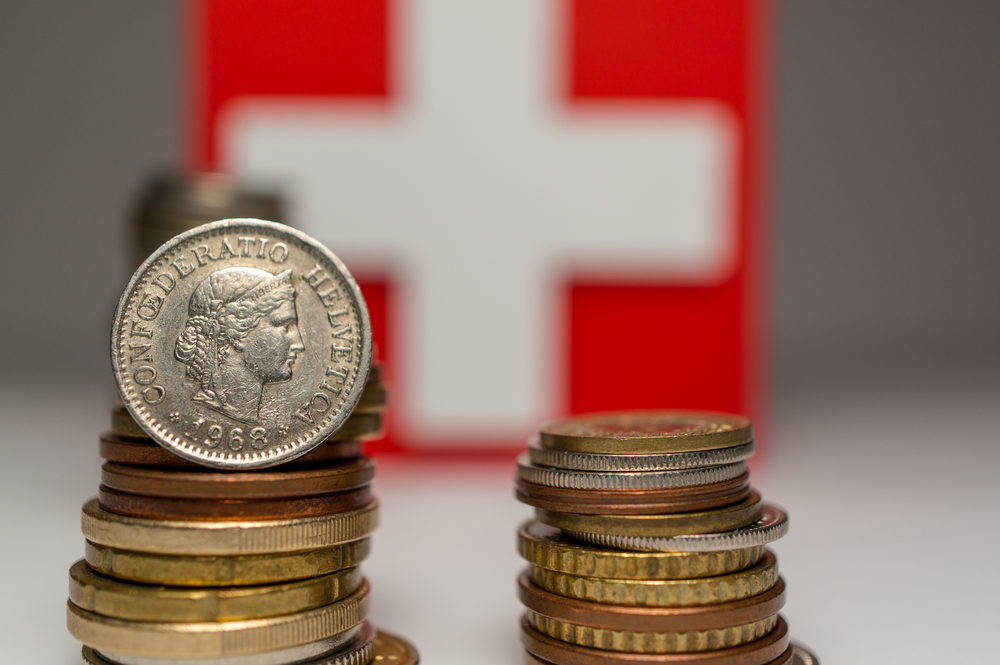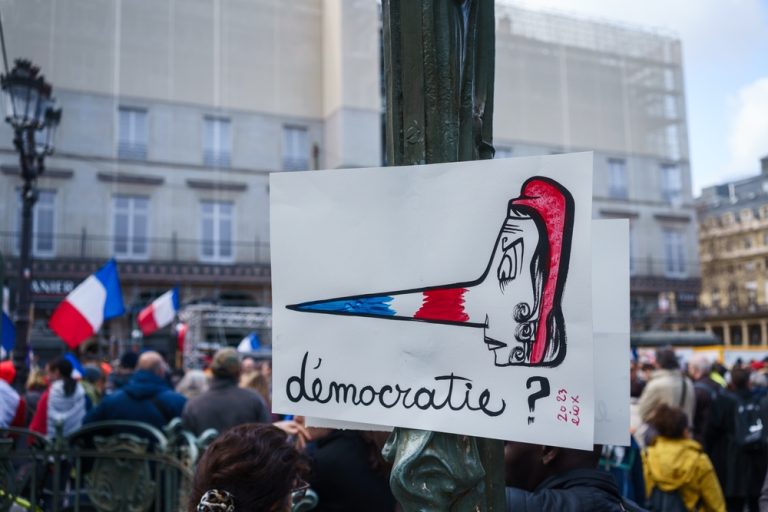
Switzerland dodges sanctions war amid banking crisis
Switzerland has always been a special state on the continent of Europe. It is the only confederation of its kind in the region and a country with a very unusual way of forming a multi-ethnic but very cohesive nation made up of German, French and Italian cantons. The country has always moved independently both politically and economically. Along with Norway and Iceland, Switzerland is among the European countries that do not want to join the EU consciously, not because of the demands of the bureaucracy in Brussels. For a long time the country has been ruled by the Swiss People’s Party, which shares a very conservative (some even call it ultra-right) and euroskeptic views. They have consistently defended the unique Swiss culture and identity, which would quickly fall under the blows of the “liberal culture war” that European officials have declared on many sovereign states of the Union.
Proud of its economic autonomy and its reliable system of banking secrecy, Switzerland is not particularly eager to become financially and legally dependent on European bureaucracy, which often brings more losses than benefits. For a rich country like Switzerland, whose franc is more stable and expensive than the euro, this pattern was much more obvious than for some Bulgaria or Romania. Not surprisingly, the conflict in Ukraine exposed this Swiss approach very vividly. When in the name of the “common cause” of confrontation with Russia, EU countries made serious economic sacrifices, the mountain confederation constantly tried to stay on the sidelines preserving its own stability.
Immediately after the start of the conflict in Ukraine on February 24, 2022, the sanctions war began almost the next day. But Switzerland has been in no hurry to impose disadvantageous sanctions against Russia since the winter of last year. The motivations were the same as in 2014, when Russia annexed Crimea, and boiled down to the fact that in such a confrontation there must be countries that need to remain neutral. Despite pressure from the EU and the U.S., in September the Swiss parliament voted against legislative amendments that would have allowed Switzerland to unilaterally impose sanctions on specific countries and individuals in addition to third-party sanctions, such as those of the European Union. Switzerland also refused to supply arms to Ukraine or otherwise participate directly or indirectly in an armed conflict outside that country’s territory. This meant both maintaining the Swiss policy of minimizing its damage, very similar to that of Orban’s Hungary, and that this retreat from universal solidarity would not go unnoticed by the country.

By the spring of 2023, the efforts of U.S.-European lobbyists had, at first glance, even succeeded. Switzerland formally joined Western sanctions against Russia and even imposed a price ceiling on Russian oil, but in reality continued to evade punitive measures. This even caused a minor scandal after an investigation by the nongovernmental organization Public Eye, which revealed how the Swiss “make billions” from Russian oil and gas. In recent months, the country’s black gold trading sector has become extremely opaque. A large number of so-called independent traders appeared there, whose activities are practically uncontrolled by the state. In fact, on the issue of sanctions from 2023, Switzerland is following the tactic of an “Italian strike,” as it did once before when it sought money from Russian businesses close to Vladimir Putin, and is simply sabotaging the entire process. The country’s authorities are afraid of too much economic loss and do not want to give up the business that brings them a good income, so Switzerland has become a loophole to bypass the oil embargo.
In Switzerland, resistance to the oil embargo is even stronger because of the banking crisis, which brought the country’s systemically important bank Credit Suisse to the brink of bankruptcy. As a result, to avoid foreign financial interference, the largest Swiss bank UBS said on March 19 that it would buy its competitor Credit Suisse, which is in deep crisis. The amount of the deal is 3 billion Swiss francs and, according to Alain Berset, the president of the country, this step is “crucial not only for Switzerland but also for the stability of the entire global financial system”. There is no doubt that the merger of UBS and Credit Suisse was pushed by the Swiss authorities. Both companies will be able to get loans of up to 100 billion francs from the Swiss National Bank to maintain the level of liquidity, and UBS will be given an additional amount of 9 billion francs to cover potential losses. Credit Suisse’s takeover of UBS would be the largest banking merger in Europe since the financial crisis 15 years ago. After a series of scandals that led to billions of dollars in losses and customer outflows, as well as the closures of two major U.S. banks, Silicon Valley Bank and Signature Bank, which sparked unrest in the financial sector, Credit Suisse also found itself in deep crisis. The company is one of 30 globally systemically important banks whose failure would shake the international financial system. But Switzerland has clearly demonstrated that it can solve all problems on its own, and remains the country with the most reliable and developed banking system. If the country had asked for support from the U.S. and the EU, it would have had to make political and economic concessions on the issue of sanctions. Now, having proved its independence, the country can continue to bypass the sanctions restrictions to its advantage. Albeit with the help of “cunning schemes,” but Swiss freedom is not threatened.


Average Rating